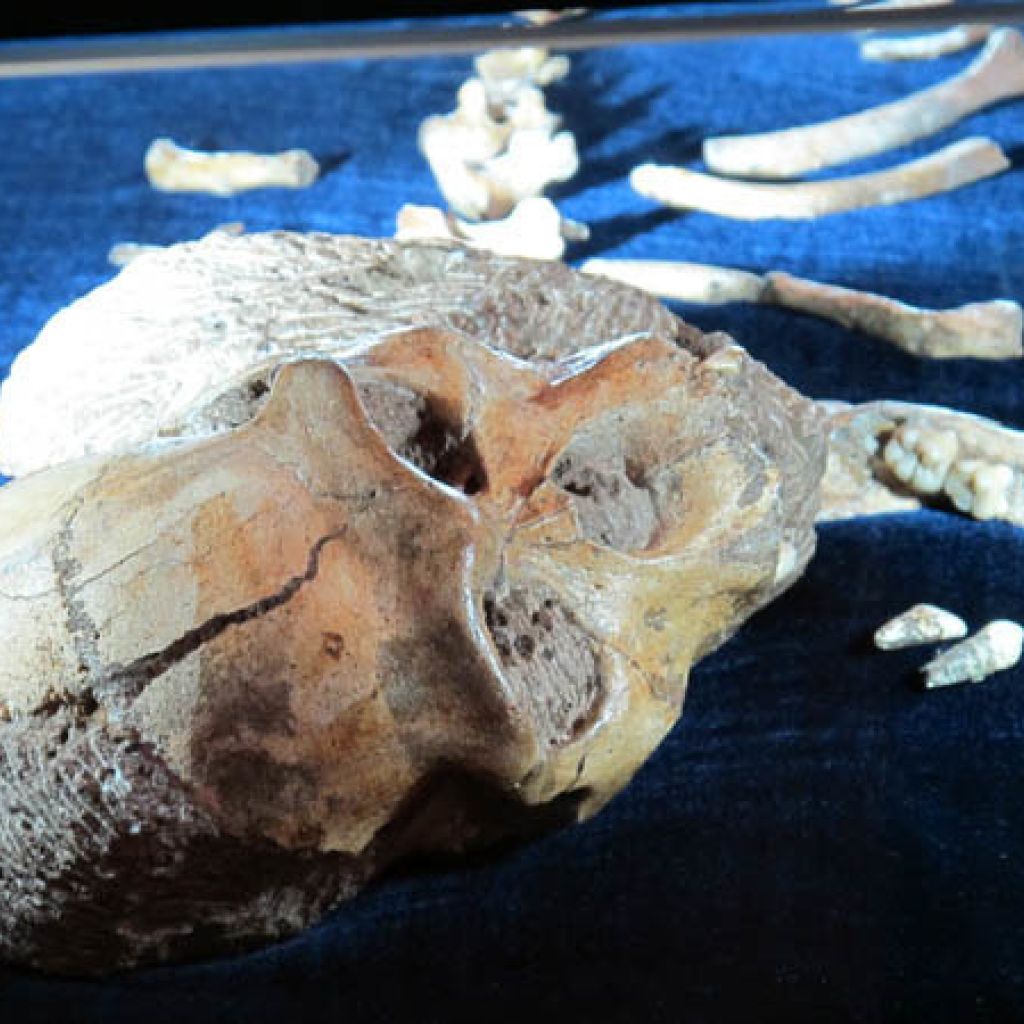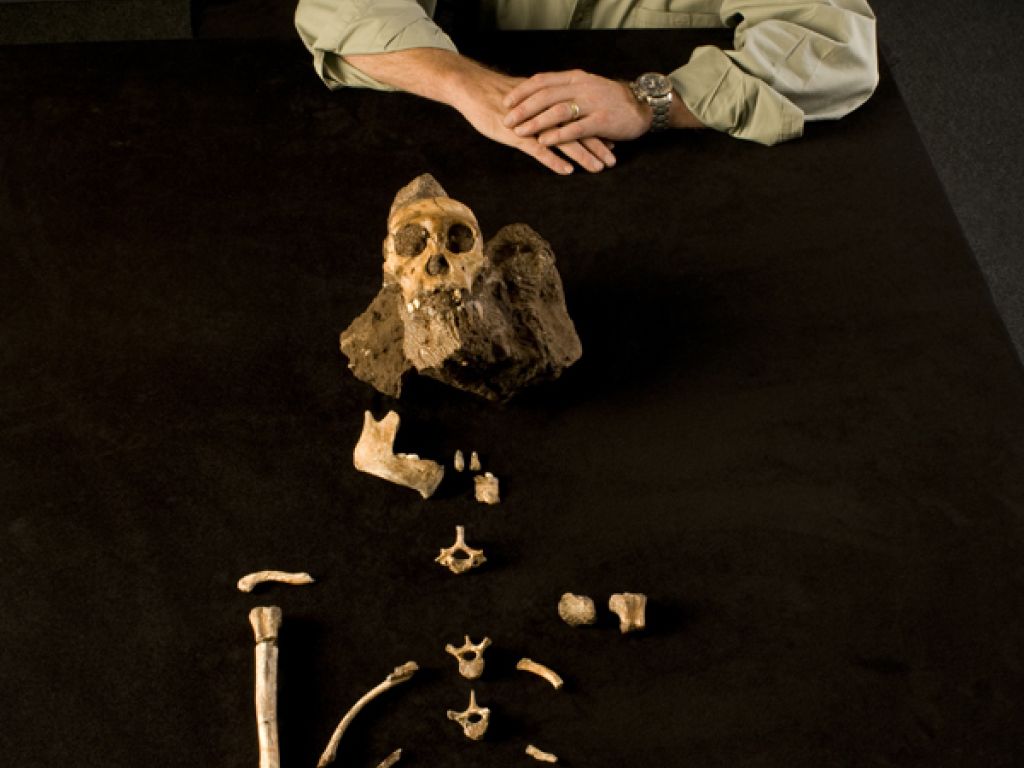Mothers: the anthropological saviour of the human species

On 11 May the world celebrates Mother’s Day, a loving tribute to the lady we call “Mom”. At Maropeng we’d like to honour the palaeoanthropolgical evolution of motherhood, and recognise the role early mothering played in the preservation of humankind.
According to Lindsay Marshall, Maropeng’s marketing and communications manager, the 2009 discovery of Australopithecus sediba fossils (MH1 and MH2) at Malapa, in the Cradle of Humankind World Heritage Site, was not only of vital importance in terms of piecing together the evidence for human evolution, it also served as a primitive reminder of the bond between mother and child.
While research is still under way, Marshall says that, according to scientists, the fossil evidence reveals a young child and its mother who died together almost two million years ago.
Interestingly, according to Dr Sarah Blaffer Hrdy, who is hailed as the leading scientific authority on motherhood and is the author of Mothers and Others: The Evolutionary Origins of Mutual Understanding, this is roughly the time period when early hominid mothers started accepting help from others in child-rearing. And, as it turns out, this seemingly obvious practice was an essential part of our evolution and survival.

Dr Hrdy explains how a small behavioural change by our early ancestral mothers – namely, that of allowing others to help take the care of their young – was responsible for the evolution of some of the signature attributes of humans, including empathy, co-operation and even our large brains.
Hrdy points out that hominid populations remained small for much of the Pleistocene era (roughly 1.8-million to 12 000 years ago), because of the high fatality rate of their young.
“It has only been in the last 15 years, as we’ve started to actually look at what it takes in a hunter-gatherer context to keep children alive and what we’re learning highlights the importance, not just of mothers or parents, but also of alloparents – group members other than the genetic mother and father. Grandmothers, aunts, uncles, cousins and older siblings,” says Hrdy.
This behavioural difference between early hominids and other ape species could have been the reason for their sudden increase in numbers.
Even today, other apes and primates have not learnt the importance of this behaviour – chimpanzees, orangutans and gorilla mothers still care exclusively for their infants.
A mother orangutan, for example, will not allow any other individual to take her infant. She stays in constant skin-to-skin contact with the baby for at least the first six months of its life. And she will nurse her offspring for as long as seven years.
Human mothers (in every traditional society for which we have information) allow others to hold, and help carry and care for, their infants shortly after birth.
“This is a really major difference, although until now not much was made of it,” says Hrdy.
She explains that human infants are born larger and even more helpless than any of the other apes, and yet when one compares the birth intervals in modern human hunter-gatherers with the birth intervals in any of the other great apes, one finds that babies are weaned sooner and their mothers are breeding at a much faster pace than the great apes.
To illustrate her point she uses the example of inter-birth interval in an orangutan – seven to eight years, and the five or six years in a chimpanzee compared to the two- to three-year inter-birth interval for humans. Hrdy ascribes this to the additional help with feeding and caring from the alloparents.
“With their children buffered from starvation in this way, populations could also persist even in the face of very challenging environments, and also migrate into novel habitats, and, of course, eventually out of Africa and around the globe.”
This surely gives credence to the old African adage that says it takes a village to raise a child. Hrdy agrees: “There was just so much emphasis on hunting and warfare that we overlooked how important child-rearing was. After all, in evolutionary terms, offspring survival is where the rubber hits the road.”
Thank Mom for everything
Spoil Mom at Maropeng this Mother’s Day.
Treat her to dinner, bed and breakfast (plus a massage) at the Maropeng Hotel (click here to book), spoil her with a delectable lunch and head-and-shoulder massage (click here to book), or treat the whole family to a fabulous Mother’s Day lunch at the Tumulus Restaurant (with an extra surprise for all Moms).
Click here to read more about our Mother’s Day special offers.